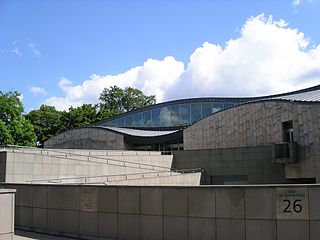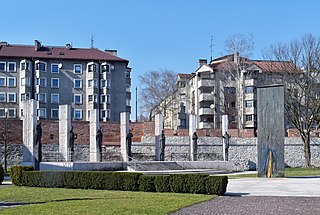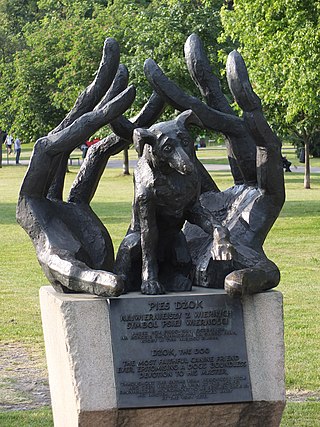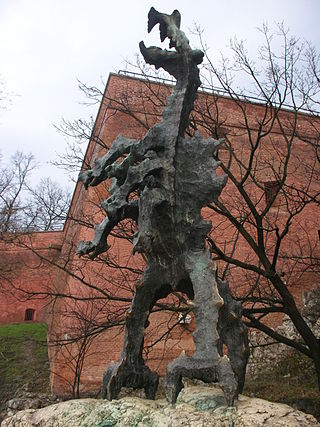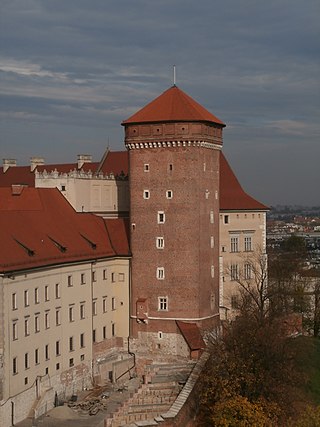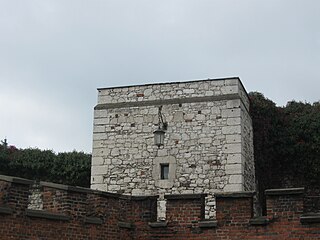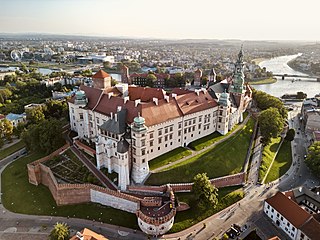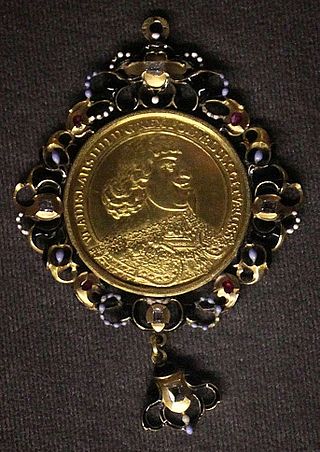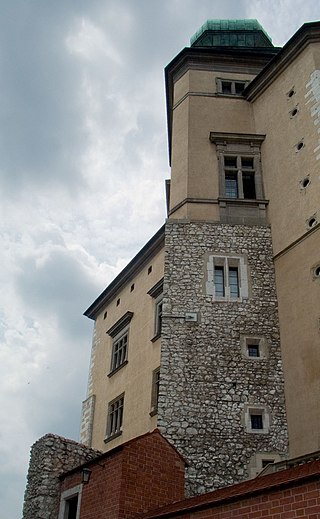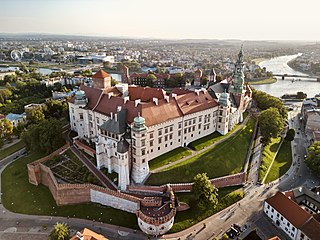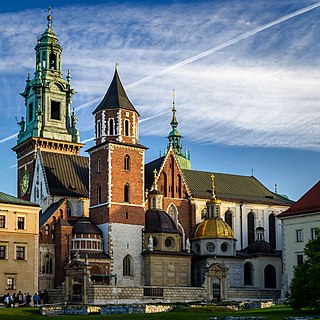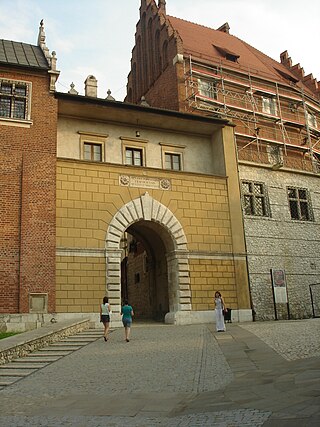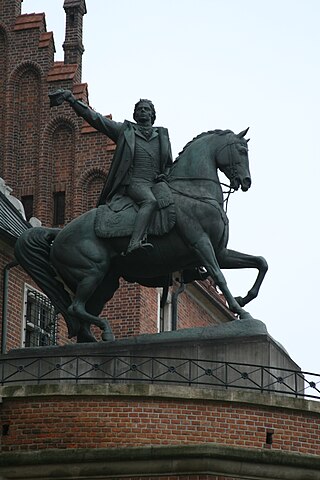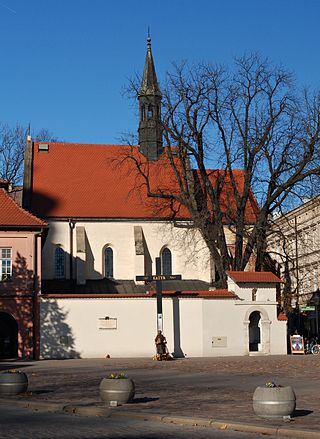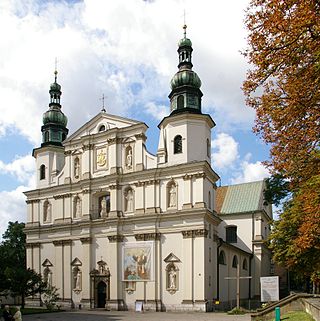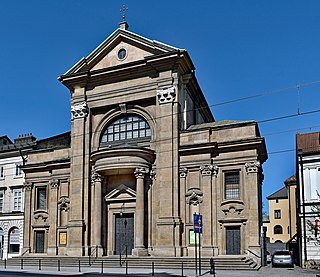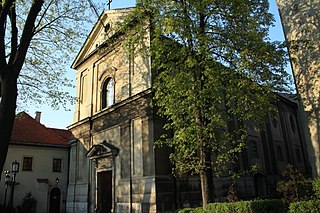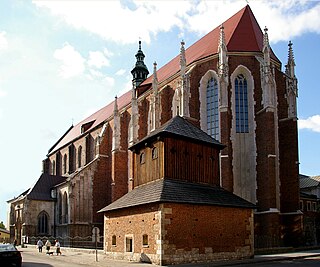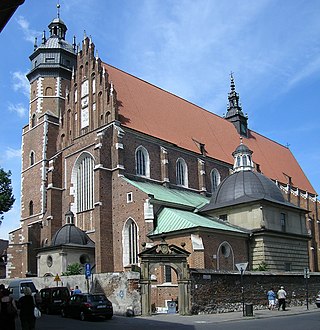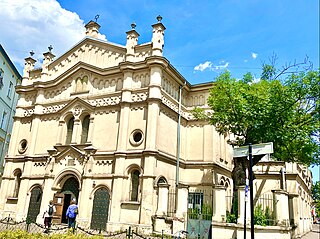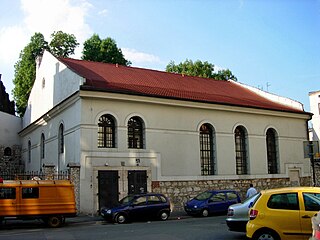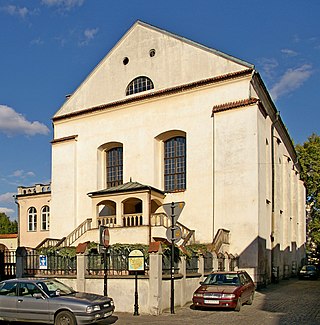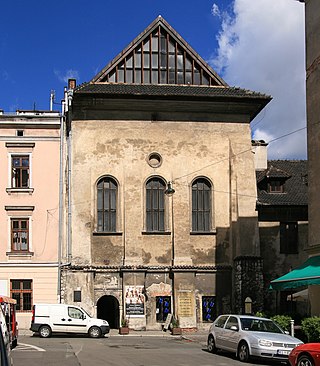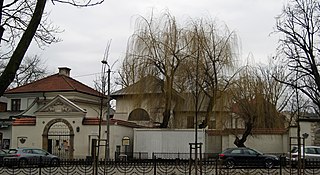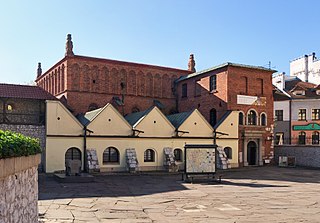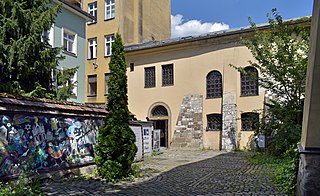Self-guided Sightseeing Tour #5 in Krakow, Poland
Legend
Guided Free Walking Tours
Book free guided walking tours in Krakow.
Guided Sightseeing Tours
Book guided sightseeing tours and activities in Krakow.
Tour Facts
6.6 km
162 m
Experience Krakow in Poland in a whole new way with our free self-guided sightseeing tour. This site not only offers you practical information and insider tips, but also a rich variety of activities and sights you shouldn't miss. Whether you love art and culture, want to explore historical sites or simply want to experience the vibrant atmosphere of a lively city - you'll find everything you need for your personal adventure here.
Activities in KrakowIndividual Sights in KrakowSight 1: Muzeum Sztuki i Techniki Japońskiej Manggha
Manggha is a museum in Kraków, Poland. Until 2005, it was a branch of the National Museum of Kraków.
Sight 2: The Altar of the Three Millenia
The Altar of the Three Millenniums – an altar standing in the courtyard of the Pauline Monastery on the Rock in Krakow, unveiled in 2008.
Sight 3: Pies Dżok
Dżok ("Jock") was a black mongrel dog who was seen waiting in vain for the entire year (1990–1991) at the Rondo Grunwaldzkie roundabout in Kraków, Poland, to be fetched back by his master, who had died there. A monument to Dżok is located on the Czerwieński Boulevard on the Vistula River in Kraków, near the Wawel Castle and the Grunwald Bridge.
Sight 4: Wawel Dragon
Join Free Tour*Wawel Dragon Statue is a monument at the foot of the Wawel Hill in Kraków, Poland, in front of the Wawel Dragon's den, dedicated to the mythical Wawel Dragon. Installed in 1972, the statue is capable of letting out fire from its mouth on demand.
Sight 5: Baszta Senatorska
The Senator's Tower – the highest of the three fully preserved towers at Wawel. Together with the Sandomierz Tower, it forms a unique complex of the so-called fire towers.
Sight 6: Sandomierska Tower
Sandomierz Tower-one of the three existing towers on the Wawel Hill, located on its southwestern edge. Together with the Lubranka (senatorial) tower, it creates a unique team of the so -called Fire tower from the mid -15th century.
Sight 7: Baszta Kobieca
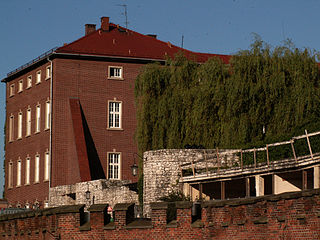
The Women's Tower, also known as the Maiden Tower – the tower of Wawel Hill, from the fourteenth century. It was demolished by the Austrians in 1851 in connection with the construction of defensive walls around Wawel Hill. The hill became one of the elements of the Kraków Fortress.
Sight 8: Baszta Szlachecka
The Noble Tower – a tower on Wawel Hill, from the fourteenth century. The upper part was reconstructed in 1958. The name comes from the former function of a building-prison for the nobility. Next to it there is the Tęczyńska Tower and the Women's Tower.
Sight 9: Zamek Wawel
The Wawel Royal Castle and the Wawel Hill on which it sits constitute the most historically and culturally significant site in Poland. A fortified residency on the Vistula River in Kraków, it was established on the orders of King Casimir III the Great and enlarged over the centuries into a number of structures around an Italian-styled courtyard. It represents nearly all European architectural styles of the Medieval, Renaissance and Baroque periods.
Sight 10: Skarbiec Koronny
The Crown Treasury – an exhibition in the Wawel Royal Castle, containing a collection of memorabilia left by the reigning dynasties of Polish kings.
Sight 11: Wieża Jordanka
Jordanek Tower – one of the four residential towers of the Wawel Royal Castle, "blended" obliquely into the eastern wing of the residence. It was built in the fourteenth century. Originally, it was defensive in nature. The upper part was extended in the years 1520-1533 in the Renaissance style. In 1860, a new Baroque style helmet was installed on the tower, which referred to the shape of the cupola of the tower of Sigismund III Vasa and the cupola of the tower of Jan III Sobieski.
Sight 12: Wawel Zaginiony
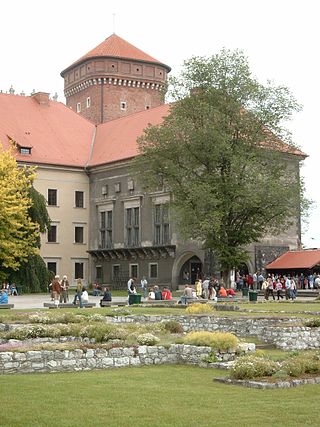
Wawel Lost – an archaeological and architectural reserve and a permanent exhibition, located in a post-German building from the 40s of the twentieth century, erected on the site of the former royal kitchens at Wawel. It shows the architecture and history of the medieval Wawel Hill. In addition to the remains of old buildings, you can find here numerous artefacts found during excavations.
Sight 13: Wawel
The Wawel Royal Castle and the Wawel Hill on which it sits constitute the most historically and culturally significant site in Poland. A fortified residency on the Vistula River in Kraków, it was established on the orders of King Casimir III the Great and enlarged over the centuries into a number of structures around an Italian-styled courtyard. It represents nearly all European architectural styles of the Medieval, Renaissance and Baroque periods.
Sight 14: Royal Archcathedral Basilica of Saints Stanislaus and Wenceslaus
The Wawel Cathedral, formally titled the Archcathedral Basilica of Saint Stanislaus and Saint Wenceslaus, is a Catholic cathedral situated on Wawel Hill in Kraków, Poland. Nearly 1000 years old, it is part of the Wawel Castle Complex and is a national sanctuary which served as the coronation site of Polish monarchs.
Sight 15: John Paul II Cathedral Museum
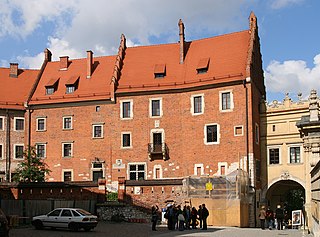
The John Paul II Cathedral Museum is a museum in Kraków, Poland. It is situated on Wawel Hill, between the Vasa Gate and the former seat of the Castle Seminary, in the Cathedral House, which is composed of two 14th-century buildings.
Sight 16: Brama Wazów
The Vasa Gate – the oldest of the three entrance gates leading to Wawel Hill. It is located between the chapter house buildings and the Cathedral House. It is a fragment of the Wawel fortifications. In the past, in front of the building, there were: a bastion, another gate and two defensive towers, which were demolished in December 1824.
Sight 17: Tadeusz Kościuszko Monument
Tadeusz Kościuszko Monument in Kraków, is one of the best known bronze monuments in Poland. It is the work of artists: Leonard Marconi, professor of Lviv University born in Warsaw, and his son in law, sculptor Antoni Popiel. The equestrian bronze statue of Kościuszko—Polish and American hero of independence—is located along the west side entrance to the Wawel Castle in the Old Town.
Sight 18: Kościół pw. Świętego Idziego
Church of St. Giles in Kraków is a Roman Catholic church of the Dominican Order located on Grodzka Street in Kraków. Its history dates to 11th century; it has been rebuilt many times since.
Sight 19: Kościół pw. Świętego Bernardyna ze Sieny
Church of St. Bernardine of Siena – a historic Roman Catholic rectory and conventual church of the Bernardines, located in Kraków, in the Old Town district I at 2 Bernardyńska Street, in Stradom.
Sight 20: Kościół pw. Nawrócenia Świętego Pawła
The Church of the Conversion of St. Paul – a historic Roman Catholic conventual church of the missionaries located in Krakow, in the Old Town district I at 6 Stradomska Street, in Stradom.
Sight 21: Kościół pw. Świętej Agnieszki
St. Agnes Church – a historic, Baroque, Roman Catholic church located in Krakow, in the First Old Town district at 30 Józefa Dietla Street, in Stradom. It serves as a garrison church.
Sight 22: Kościół pw. Świętej Katarzyny Aleksandryjskiej
The Church of St. Catherine of Alexandria and St. Margaret – a historic Roman Catholic church with the Augustinian Hermit monastery located in Krakow, in the First Old Town district at 7–9 Augustiańska Street, in Kazimierz. The Augustinian convent and the church are located between Skałeczna, Augustiańska, Paulińska and Skałka streets.
Wikipedia: Kościół św. Katarzyny Aleksandryjskiej i św. Małgorzaty w Krakowie (PL), Website
Sight 23: Corpus Christi Church
The Corpus Christi Basilica, located in the Kazimierz district of Kraków, Poland, is a Gothic church founded by King Casimir III the Great in 1335.
Sight 24: Synagoga Tempel w Krakowie
The Tempel Synagogue is a Reform Jewish congregation and synagogue, located at 24 Miodowa Street, in the historic Kazimierz district of Kraków, in the Lesser Poland Voivodeship of Poland. Designed by Ignacy Hercok in the Moorish Revival and Rundbogenstil styles and completed in 1862, the synagogue is a major place of worship, and also a booming center of Jewish culture, which hosts numerous concerts and meetings, especially during the Kraków Jewish Culture Festival.
Sight 25: Synagoga Kupa
The Kupa Synagogue, also known as the Synagogue of the Poor, is a former Jewish congregation and synagogue, that is located at 8 Warszauera Street, in the historic Kazimierz district of Kraków, in the Lesser Poland Voivodeship of Poland. The 17th-century former synagogue is located in a neighborhood earmarked in 1495 by King John I Albert for the Jewish community, that was transferred from the budding Old Town.
Sight 26: Synagoga Izaaka Jakubowicza
The Izaak Synagogue, formally known as the Isaak Jakubowicz Synagogue, is an Orthodox Jewish congregation and synagogue, located at 18 Kupa Street, in the historic Kazimierz district of Kraków, in the Lesser Poland Voivodeship of Poland. Designed by Francesco Olivierri in the Baroque style and completed in 1644, the synagogue is named for its donor, Izaak Jakubowicz, also called Isaac the Rich, a banker to King Ladislaus IV of Poland.
Sight 27: Synagoga Wysoka
The High Synagogue was a former Orthodox Jewish congregation and synagogue, also known as the Tall Synagogue, located at Jozefa 38 Street, in the Kazimierz district of Kraków, in the Małopolskie Voivodeship of Poland.
Sight 28: Synagoga Remuh
The Remah Synagogue, formally known as the Isaak Jakubowicz Synagogue, is an Orthodox Jewish congregation and synagogue, located at 40 Szeroka Street, in the historic Kazimierz district of Kraków, in the Lesser Poland Voivodeship of Poland.
Sight 29: Old Synagogue
The Old Synagogue was a former Orthodox Jewish congregation and fortress synagogue, located at 24 Szeroka Street, in the Kazimierz district of Kraków, in the Lesser Poland Voivodeship of Poland.
Sight 30: Synagoga Wolfa Poppera
The Wolf Popper Synagogue is a former Jewish congregation and synagogue, that is located at 16 Szeroka Street, Kazimierz, in Kraków, in the Lesser Poland Voivodeship of Poland.
Share
Disclaimer Please be aware of your surroundings and do not enter private property. We are not liable for any damages that occur during the tours.
GPX-Download For navigation apps and GPS devices you can download the tour as a GPX file.
